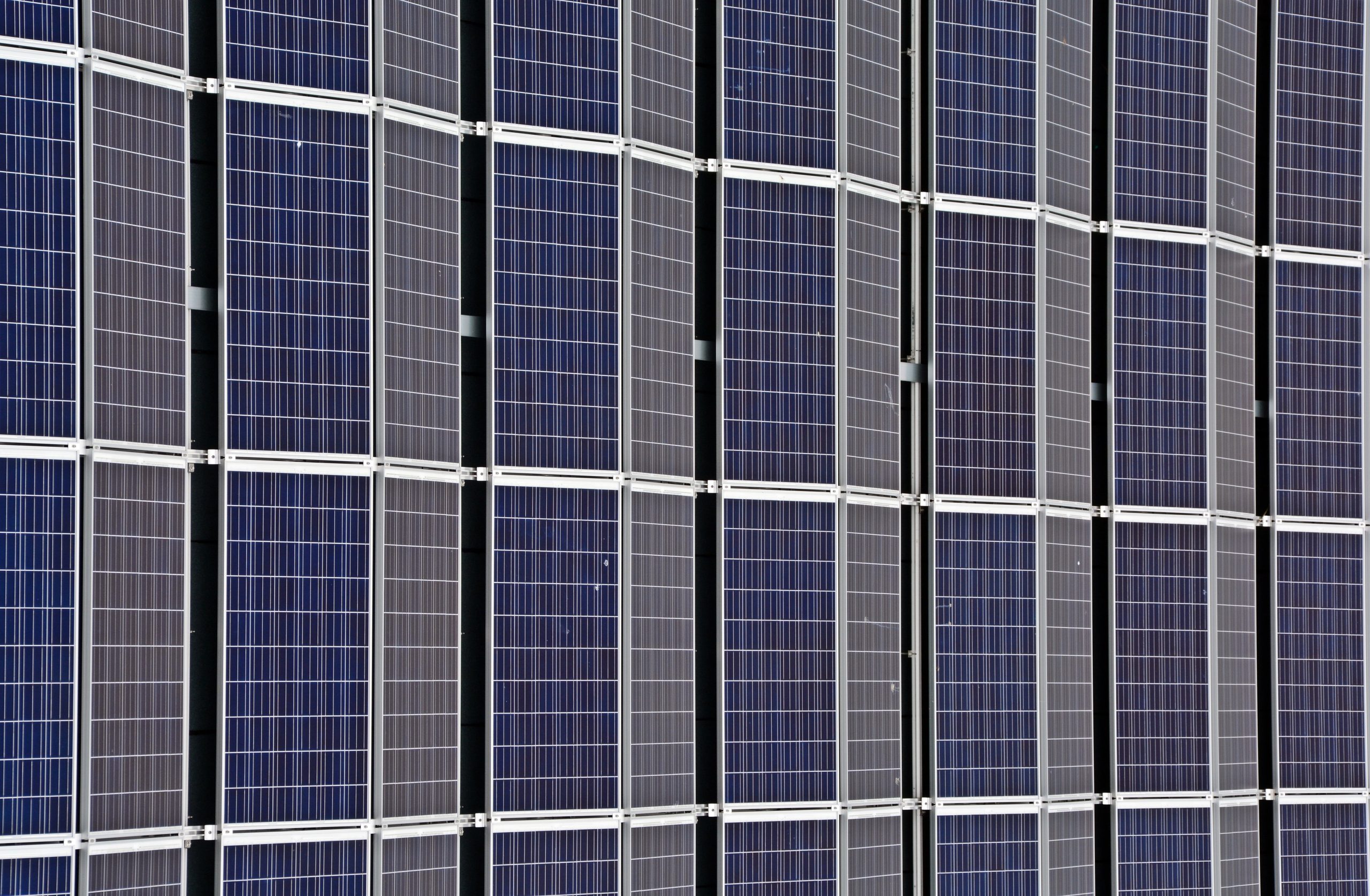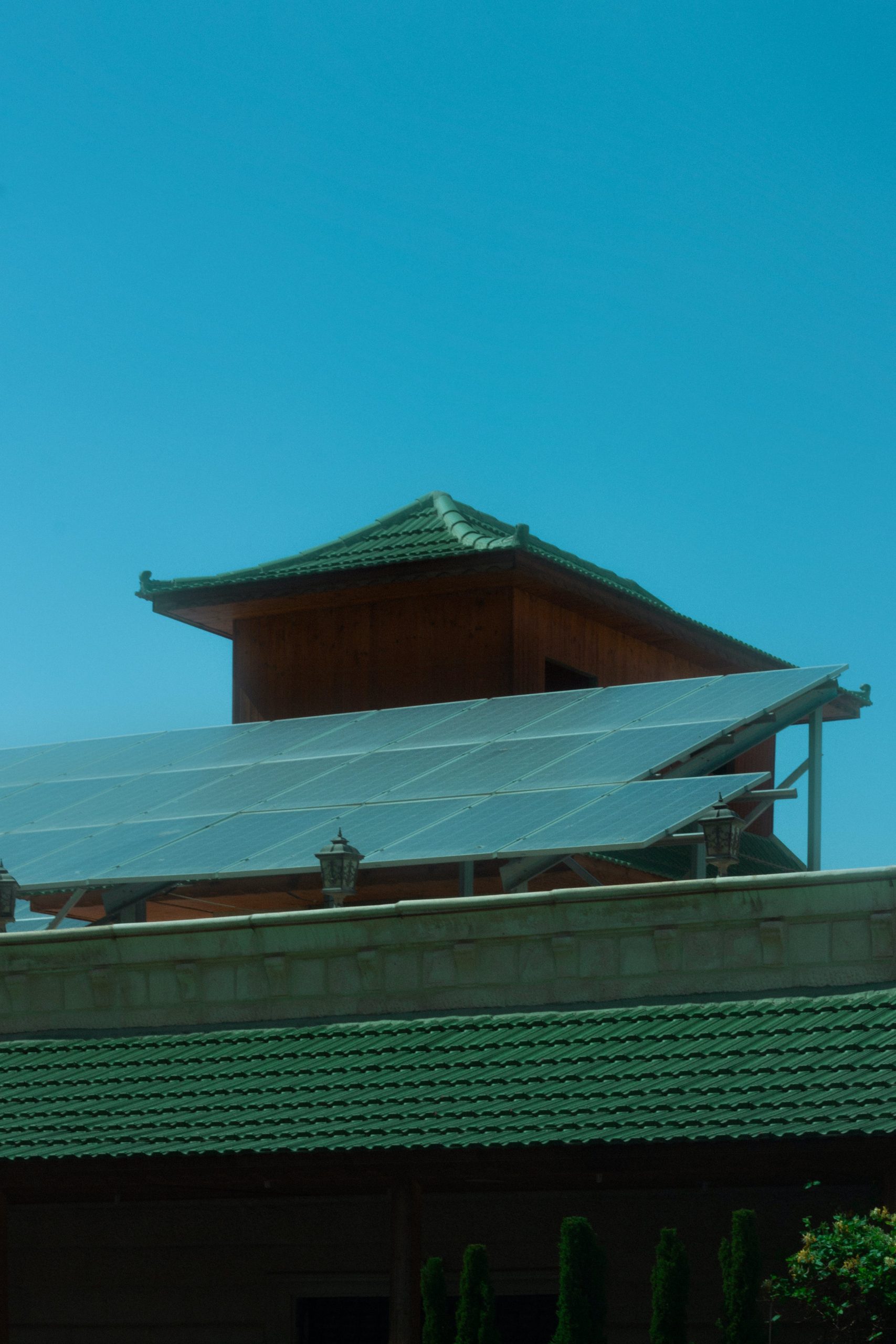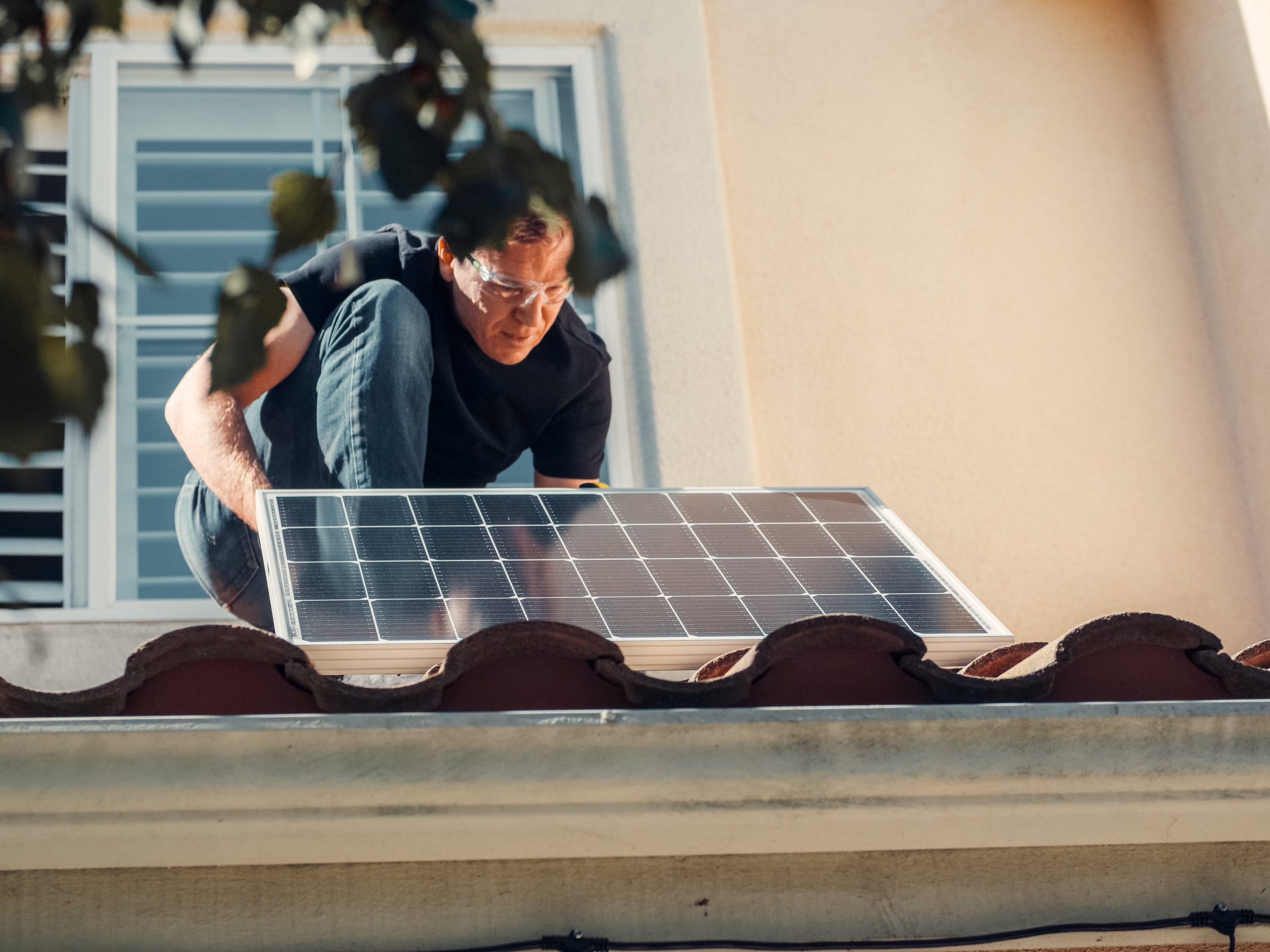What is the downside of getting solar panels?
Solar panels have undoubtedly become a symbol of progress in the realm of renewable energy. As the world gravitates towards sustainable practices the adoption of solar panels has seen a remarkable surge. However it crucial to explore the other side of the coin and understand the potential downsides associated with getting solar panels for your home or business.
- Introduction
- Brief overview of solar panels
Solar panels also known as photovoltaic PV panels harness sunlight and convert it into electricity. This revolutionary technology has gained widespread acclaim for its positive impact on the environment and longterm cost benefits.
- Growing popularity of solar energy
With a growing emphasis on sustainable living and environmental conservation solar energy has become a popular choice for individuals and businesses alike. The prospect of reducing carbon footprints and achieving energy independence has fueled the widespread adoption of solar panels.
- Benefits of Solar Panels
- Environmental impact
One of the primary advantages of solar panels is their positive environmental impact. By harnessing energy from the sun solar panels contribute to a significant reduction in greenhouse gas emissions mitigating the adverse effects of climate change.
- Cost savings
Solar panels offer substantial longterm cost savings. While the initial installation cost can be high the reduced reliance on traditional energy sources leads to significant savings on electricity bills over time.
- Energy independence
Solar panels provide a degree of energy independence reducing reliance on conventional power grids. This not only insulates consumers from energy price fluctuations but also contributes to a more resilient and decentralized energy system.
III. The Dark Side of Solar Panels
- High initial costs
Despite the longterm savings the upfront cost of purchasing and installing solar panels can be prohibitive for some. The initial investment often serves as a barrier deterring potential adopters.
- Energy production limitations
Solar panels depend on sunlight which means energy production can be inconsistent especially in regions with frequent cloud cover or limited daylight hours. This intermittency poses challenges for maintaining a stable energy supply.
- Environmental concerns
Ironically the production and disposal of solar panels raise environmental concerns. The manufacturing process involves the use of materials with environmental impacts and the lack of standardized recycling processes poses challenges for responsible disposal.
- Maintenance Challenges
- Regular cleaning requirements
To maintain optimal efficiency solar panels require regular cleaning to remove dust debris and other contaminants. Neglecting this aspect can result in decreased energy production.
- Potential technical issues
Solar panels are not immune to technical problems. Malfunctions equipment failures or damage can occur necessitating prompt and sometimes costly repairs.
- Aesthetics and Property Value
- Impact on the visual appeal of a property
The installation of solar panels may alter the aesthetic appeal of a property affecting its overall visual harmony. This consideration is particularly relevant for homeowners who prioritize the look of their residences.
- Potential effects on property resale value
While solar panels can enhance property value in some cases there is a possibility that they may be perceived as a drawback by certain homebuyers affecting resale value.
- Government Incentives and Policy Changes
- Influence on solar panel adoption
Government incentives play a crucial role in promoting solar panel adoption. However sudden policy changes or the expiration of incentives can disrupt the economic viability of solar energy projects.
- Risks associated with policy shifts
The reliance on government policies for continued support introduces an element of risk. Changes in regulations or the withdrawal of incentives can impact the return on investment for individuals and businesses.
VII. Solar Panel Recycling Challenges
- Lack of standardized recycling processes
As the number of decommissioned solar panels increases the lack of standardized recycling processes poses a challenge. This can lead to improper disposal and potential environmental harm.
- Environmental implications of improper disposal
Improper disposal of solar panels can have adverse environmental effects including the release of hazardous materials. Developing efficient and environmentally friendly recycling methods is crucial to mitigating these risks.
VIII. Public Awareness and Misconceptions
- Addressing common misconceptions
Public awareness plays a vital role in the acceptance of solar energy. Addressing common misconceptions such as the belief that solar panels are maintenancefree is essential for fostering informed decisionmaking.
- Importance of informed decisionmaking
Encouraging individuals and businesses to make decisions based on accurate information is paramount. Informed choices ensure that the benefits of solar panels are maximized while potential downsides are mitigated.
- The Future of Solar Energy
- Technological advancements
Ongoing research and development in solar technology hold the promise of overcoming current limitations. Advancements in efficiency storage solutions and new materials may address some of the challenges associated with solar panels.
- Potential solutions to current challenges
The industry is actively seeking solutions to current challenges including reducing production costs improving recycling processes and enhancing the overall sustainability of solar energy.
- Final Word
- Recap of downsides
While solar panels offer numerous benefits it essential to acknowledge the downsides. High initial costs energy production limitations maintenance challenges and environmental concerns warrant careful consideration before adopting solar energy solutions.
- Encouragement for informed decisionmaking
Making an informed decision involves weighing the pros and cons. By understanding both the advantages and disadvantages individuals and businesses can make choices that align with their values and priorities.
FAQs
- Are solar panels completely maintenancefree?
No solar panels require regular cleaning and may experience technical issues that require attention.
- Do solar panels increase property value?
While they can enhance property value individual perceptions vary and some homebuyers may see them as a drawback.
- What happens to old or damaged solar panels?
The lack of standardized recycling processes poses challenges and improper disposal can have environmental implications.
- Are there government incentives for installing solar panels?
Yes but the landscape of incentives can change introducing risks associated with policy shifts.
- How can I ensure the proper disposal of decommissioned solar panels?
Check with local recycling facilities or manufacturers for guidance on environmentally responsible disposal.

Source of Image: https://www.pexels.com/photo/closeup-shot-of-solor-panel-159243/









